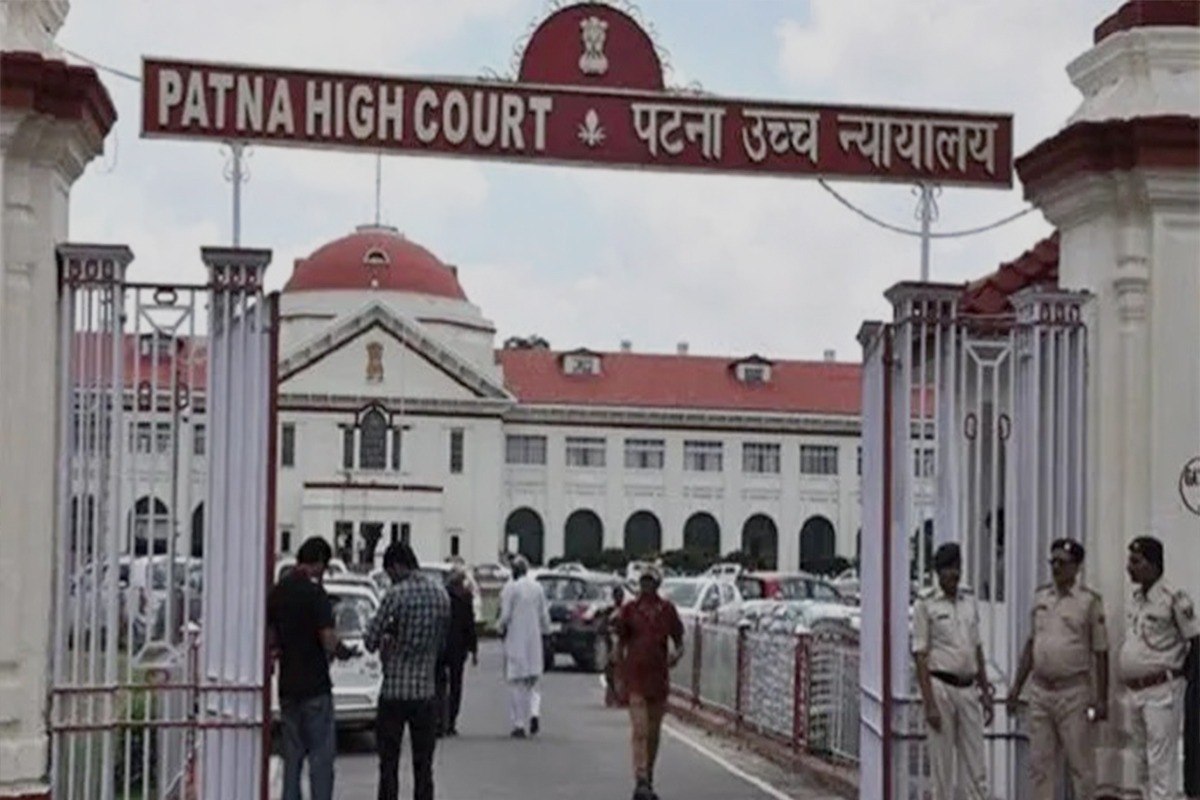Two months before the hooch tragedy in Chhapra district claimed the lives of 78 people so far, the Patna high court had come down heavily on the state government’s lackadaisical attitude towards the Bihar Prohibition and Excise Act.
Earlier in October, the Patna HC Court shed light on various adverse consequences, including great risks to the lives of the people, because of the failure of the Bihar government in implementing the Prohibition Act.
Patna HC made observations while hearing a bail petition of one Niraj Singh, a resident of Muzaffarpur district who has been in jail in a prohibition-related case since November last year.
Patna HC made observations about the loopholes and lacunae in the implementation of the Bihar liquor ban policy through various bail orders and pleas filed in court. Based on reports submitted in bail applications, the court released a 20-page detailed judgement criticising the government’s failure to implement the law in its true spirit.
“The government’s failure to implement prohibition in spirit had led many people into liquor smuggling. It had led to the growth of organised smuggling syndicates in the state, which involved the poor and juveniles. They maintain strong connections with political and police brass in the state, which help them evade arrest,” the court observed.
The court further observed that the minors were used in the illegal transportation of liquor to avoid long-term arrest and court trials.
“The investigating officers sometimes deliberately do not file charge sheets against the big players in this illicit trade. They rather submit charge sheets against the poor driver, cleaner and labourers who are engaged in small activities. The state government has failed to take strict and disciplinary actions against such officers,” said the Patna HC in its judgement.
The court observed that even harsh laws failed to deter alcohol consumption in the state. The court also said that Bihar’s location itself made the state vulnerable.
“The state shares its borders with Nepal, West Bengal, Jharkhand and Uttar Pradesh. None of these states practice prohibition. There is evidence that shows liquor is flowing into Bihar from the neighbouring states, given West Bengal and Jharkhand’s phenomenal rise in excise revenue. Bihar, on the other hand, is losing revenue and the state’s hospitality and trade sectors were taking a hit,” the court observed.
On December 26, 2021, former Chief Justice of India NV Ramanna berated Bihar’s experiment in prohibition. He dubbed the state’s prohibition law a lack of foresight in drafting legislation, the consequence of which was the inundation of courts with liquor-related cases.
Ramanna’s observation was mainly because of the crippling overburdening of the state’s judicial administration, with lakhs of prohibition cases and bail applications clogging the Patna HC and the lower courts.
Ever since the government of Bihar prohibited liquor sales in the state, it has invited heavy criticism for the non-implementation of the policy in its true nature. Now the hooch tragedy has put a question mark on the state government’s competence, especially after the deaths of so many people.
Bihar imposed complete prohibition in the state in April 2016, drawing its inspiration from Article 47 of the Indian Constitution, which directs the state to endeavour to prohibit the consumption of intoxicating drinks and drugs that are injurious to health.

